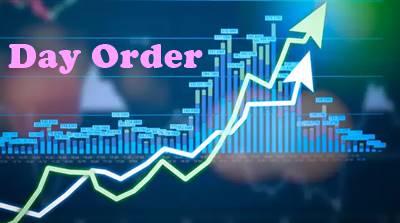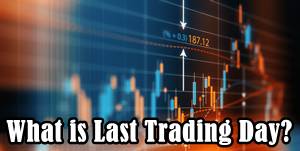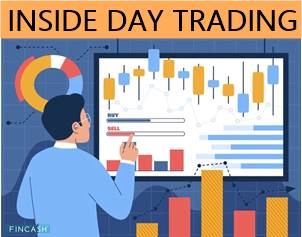
Table of Contents
Day Trader
What is Day Trader?
Day trader meaning is a type of trader who is capable of executing several short as well as long trades for capitalizing on the price action related to intraday markets.

The price action serves to be the result of temporary demand & supply inefficiencies due to sales & purchases of the asset.
An Understanding of the Day Trader
If you wish to become a day trader, there is no specific qualification required. On the other hand, day traders are characterized on the Basis of the overall frequency of the respective trading activities. NYSE and FINRA tend to categorize day traders on the basis of whether they are trading four times or even more during the span of 5 days. The given condition here is that the total number of day trades tends to be over 6 percent of the total trading activity of the customers during the given period.
The investment or brokerage firm wherein the traders have opened the account is also considered while treating them as day traders. Day traders tend to be subject to margin and Capital maintenance requirements.
Day traders is mostly known to close all the respective trades before the closing of the given trading day. They don't aim to hold overnight open positions. The overall effectiveness of the day trader could be limited by factors like trading commissions, bid-ask spread, and the overall expenses for real-time analytics software and newsfeeds.
If you wish to achieve successful day trading for yourself, then you are required to possess extensive knowledge as well as in-depth expertise for the same. Day traders out there are known to make use of a wide number of specialized methods for ensuring proper trading decisions. While some traders might make use of computer-based trading models for using Technical Analysis to analyze favorable probabilities, there are other traders who might trade on the respective instinct.
When you are a day trader, you tend to be primarily concerned with characteristics related to the price action of the given stock. This Factor tends to be unlikely the case of investors who are known to make use of some fundamental data for analyzing long-term growth capability of a company for deciding whether to hold, buy, or sell the stocks.
Talk to our investment specialist
Average day Range and price Volatility tend to be critical for any day trader. A security is required to have ample price movements for the day trader to ensure profits. liquidity and volume also tend to be vital aspects. This is because for getting access to smaller profits on a per trade basis, it is important to ensure quick entry & exit. Securities having small range on a daily basis or light volume on a daily basis might not be of much interest to the day traders.
All efforts have been made to ensure the information provided here is accurate. However, no guarantees are made regarding correctness of data. Please verify with scheme information document before making any investment.












